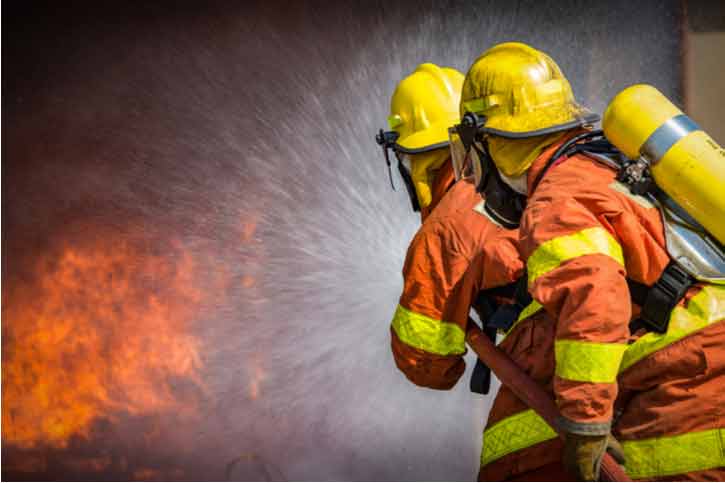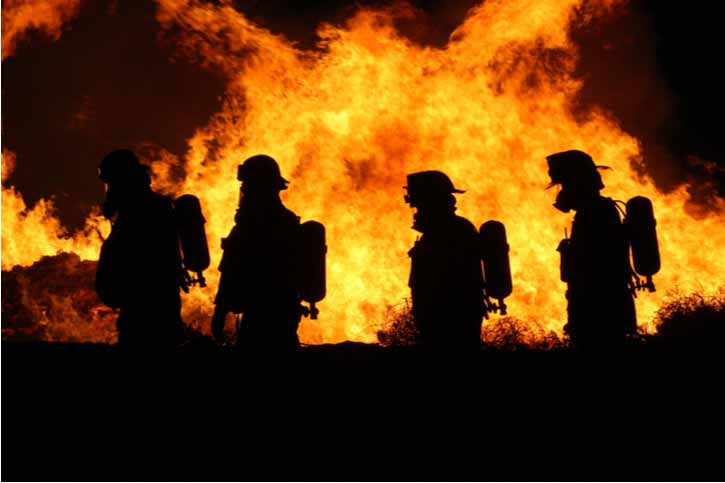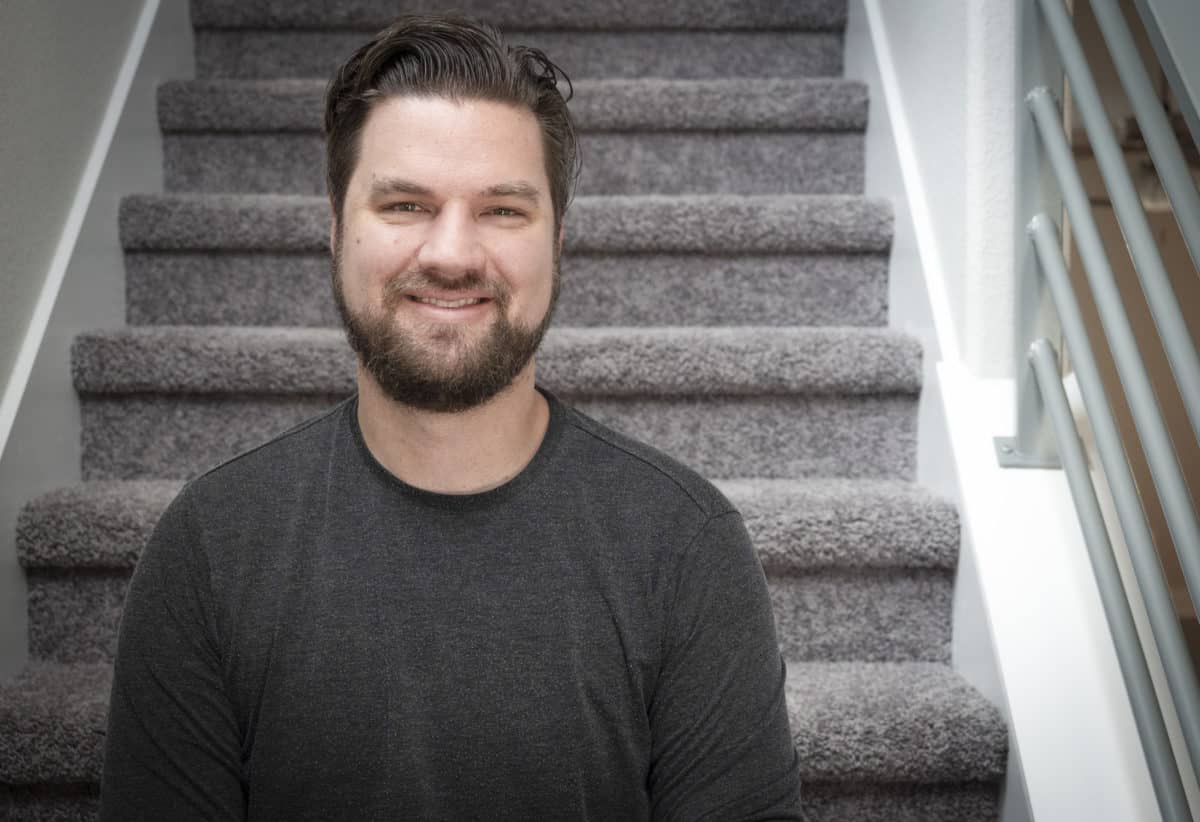Firefighters with sleep disorders and mental health conditions are more likely to burn out, a new study finds. What’s more, firefighters who reported a lack of sleep also showed signs of depersonalization (feeling disconnected from one’s body and thoughts) and a lack of initiative.
We spoke with Alexander Wolkow, Ph.D., lead author of the study and research fellow at Monash University in Australia.
“For firefighters, sleep and mental health disturbances are a major source of occupational stress,” Wolkow told us. “Given the critical role firefighters play in assisting the community in times of emergency, it is important we identify the factors which contribute towards burnout in order to help promote the health of this workforce.”
 Prath/Shutterstock
Prath/Shutterstock
Firefighters And Sleep
The United States Fire Administration defines burnout as “psychological response to chronic work stress.” They say the signs include:
- Exhaustion
- Disengagement or withdrawal from the workplace and co-workers
- Cynicism or unsympathetic attitude towards the people and goals they serve
To uncover possible causes of burnout, Wolkow and his colleagues examined over 6,300 U.S. firefighters. The subjects first filled out the Maslach Burnout Inventory. This inventory is designed to measure “emotional exhaustion, depersonalization, and a low sense of personal accomplishment.”
The researchers then screened for any sleep disorders, and the firefighters self-reported on their sleep and any mental health conditions they might have.
The study found that subjects with a sleep disorder were three times more likely to burn out. In addition, those with a mental health condition, such as PTSD, were four times more likely to burn out.
They also discovered that sleep during overnight shifts was the mediating factor between sleep disorders, mental health conditions, and high risk of burnout. Even subjects without a sleep disorder or reported mental condition showed signs of depersonalization and “low personal achievement” when they were sleep deprived.
When asked why this lack of sleep might lead to burnout, Wolkow told Mattress Clarity, “In other studies, shorter sleep durations have been associated with less rapid eye movement sleep, which is a stage of sleep important for emotional regulation. It is possible that this disruption to sleep may impair the ability to cope and recover from work demands, potentially leading to burnout.”
Wolkow did note that the self-reported nature of the firefighters’ sleep data did not allow the researchers to establish causality. He said that objective sleep measures should be utilized in future research.
The Dangers Of Burnout
While the researchers did not examine the causes for poor firefighter sleep quality, Wolkow pointed us to a previous study regarding the effects of shift work on firefighters’ circadian rhythms.
The 2016 study looked at three shift schedules:
- 24 hours on/48 hours off
- 48 hours on/96 hours off
- Kelly, a schedule where firefighters work 24 hours and are then off the next day. This repeats for a nine-day period, and then the firefighters do not work for four days
 Anthony Montoya/Shutterstock
Anthony Montoya/Shutterstock
The 24 on/48 off schedule promoted the best quality of sleep, while the Kelly schedule was the most disruptive to circadian rhythms.
In their abstract, the researchers noted that poor sleep quality “can lead to less effective emergency response and increased risk to firefighter health and safety.”
Another 2018 study also found that burned out firefighters are less likely to mention concerns they might have with safety, are less likely to wear protective equipment, and could take unnecessary risks.
When asked what could be done regarding firefighter sleep health, Wolkow told us, “Sleep and mental health disturbances are costly in terms of risk of occupational burnout, but these problems are also treatable. Our findings suggest that reducing sleep and mental health disturbances should be a focus of fire departments’ occupational health screening programs, along with trialing interventions designed to maximize sleep during overnight work to reduce burnout risk in vulnerable personnel.”
Featured image: mat277/Shutterstock
[Editor’s Note: The content provided on this site is for general informational purposes only. Any information provided is not a substitute for professional medical advice. We encourage individuals to consult with the appropriate health expert if they have concerns.]

